|
My 14 year old son put on his first teen party a couple of weeks ago. Both he and I thought it was successful. But here are other comments, the ones that matter, for some Facebook social proof that it was indeed fun - • G.E. "Awesome party, we need to do it again sometime." • K. A. "Heck yes we do." • K.S. "I had fun at [his] party, he needs to do it again this month." • S.W. "...this was an amazing party, thanks for inviting me." • D.S. "Great party... you have to do it again sometime." • J.F. "Easily the best party ever, I thank you and your parents." For a teen, putting on a party puts him/her in a vulnerable position. They are setting themselves up for judgement from their peers. That can be stressful, especially if you don't know what to do. Since my son's party turned out to be fun (and my other's children's parties as well) I thought I'd share some of the behind-the-scene party plan so that you and your teen can have confidence in putting on a party of your own. HERE ARE 5 TEEN PARTY TIPS TO HELP1) INVITESInvite small groups of friends but those groups don't have to be friends. This way the kids feel... 1) comfortable because they know someone else that is going to the party and can arrive together, 2) it's not a clique because it's not all one group and 3) they will have a chance to meet other kids that they my know by sight but have never had a chance to talk to or interact together. 2) HOSTINGTeach your teen how to host their guests. It doesn't have to feel formal but there are some formalities that will help their friends feel comfortable. They need to learn tips to be able to... 1) smile, and not be stressed but relaxed and enjoy the party, no one likes an uptight host or parents, 2) know how to introduce each other, tell them thanks for coming and that you're glad they're there, 3) carry the conversation, in the beginning, when there are not too many people (see photo below) and so they don't leave their friends in awkward silence. 3) FOODIt's a no brainer to have lots of food but ask other's to bring something they like. That way they will... 1) have one thing they for sure like at the party 2) it will make them feel 'invested' in the party and that they 'have' to go when they might feel a little nervous about going, 3) it helps with the cost, especially if your house turns into the "party house". 4) ATMOSPHEREOnce you get the kids there, you ought to have a loose plan of what will fill the time. 1) Music. There's bound to be silence in the beginning as guests arrive. Have some music playing so there isn't that awkward what-do-I-do-now silence and they panic. Don't judge a party by the first half hour. 2) Do. Have something for them to do - make food, Wii Just Dance®, swim, water games, etc. 3) Record. Put out cameras and video recorders for them to use and catch some of the action. They can replay, relive and laugh about it. 5) CHAPERONSI'm not a big fan of unchaperoned teen parties. I, and other parents, feel a parent should be at the party the whole time. It helps... 1) your kid avoid being put in an uncomfortable position because of your presence, you can do a "pass-through" (walking through the room to do something) or "stand-a-few" (just coming in to stand and watch the game, movie, or whatever, for a few minutes, see the photo below) several times during the evening, 2) make other kids feel ok that if one of the other kids starts acting lame that the parent will come in and intervene somehow, 3) you get to know your kid's friends and they get to know you, and your kid might see that his/her friends think you're kinda cool for letting them have a party. The first party is the hardest. The unknown always seems to be. But, putting on a party comes off much easier than you think. So don't be afraid. Try these 5 Teen Party Tips and put one on.
What other tips have worked for you and your teen?
2 Comments
The art of manners is a lost art. The Emily Post Institute has created a series of children's books about manners. This is the lasts in their series. I haven't seen these books in person but I think they're a good idea. There is always a need for teaching manners and this looks like an pretty easy way to do it.
People, especially families, are always looking for ways to keep themselves organized. And the more people you have in a family the more that need grows. If we can take charge of those things we can control then we have more time and energy to devote to being creative. (You can even be creative with your labeling.) Having a family with 8 children, and all of the activities and directions that entails, I have learned a thing, or twenty, about organization. Bitesized Organized |
|||||||||||||
| Moral Message • Henna Tattoo Totes • Every Person Matters in Life's Design | |
| File Size: | 398 kb |
| File Type: | jpg |
| LDS version • Henna Tattoo Totes • Individual Worth • Print back to back to make booklet | |
| File Size: | 1423 kb |
| File Type: | |
1) There is something mentally soothing to people when they walk in and smell something cooking.
2) Hunger is a great motivator and they automatically know and are put at ease that they are going to eat.
Their needs are met timely and they are more grateful for their food. It's not a perfect science but this is how I generally do it. Days I am going to be gone all day I put something in the dutch oven to be done when we all get home. Otherwise I either prep something in the morning or an hour before they're due home. On emergency days, something unexpected happens, those are cereal days. They don't get cereal often so they love this too.
Well Fed + Well Rested + Well Moderated = Well Tempered
(temperament = an child's disposition and tendencies revealed in his/her reactions)
Well tempered children have developed habits of maintaining a self-controlled, calm character.
Take one of those elements out of the equation and a child (or even teens and adults)
are prone to crankiness, anger, and outbursts. If they are continually revisiting their basic needs (because they are continually hungry, tired, or left unattended) it's tough for them to go to the next level and work at trying to master other social sensibilities (sharing, sadness, sacrifice) that we want them to learn. Meeting the Basic Pattern helps the child move forward in their self management of emotions. Next time something comes up with your kids
see if the equation is adding up.
Cleaning is a valuable life skill that sometimes kids are resistant to. (Imagine that!) Having ideas to help teach them is part of a good parental game plan. SUSAN KUCHINSKAS has written an article Top 10 Ways to Get Teens to Help Out (of which I am quoted for one idea, thank you Susan) that have some good ideas. I am also including my additional 10 ideas. You are bound to find something that works for your family from both.
1. GET THEM TO ROLE PLAY
Do a role reversal experiment. For some time before the experiment take notes about how your kids respond to chores. On a given day tell them you are going to be them and they can be you. When they ask or tell what chore you are responsible for then answer with some of the things, word for word, that they say. Do not exaggerate because they will recognize it is not them. Be authentic to who they are. It may show them how hard it is to get "them" to work and how hard it is to be the "chore motivator." (Side note: you will also get a view of what you are like - though this may be slightly exaggerated - in how you ask for work to be done.)
2. GET THEM TO BE SELF MOTIVATED
It's not always a bad thing to let a teen put off a chore deferring to their "I'll do it later." Give some freedom in the time table, tell him he can have it done by the end of the day. Letting them accomplish it in their own time frame teaches them to motivate themselves. They become confident in their self management and you can acknowledge them for doing so. If they say that they are going to do it and then don't they lose the luxury of "doing it later." Make it known that the next time a chore needs to be done then it will be done in your time frame and that usually equates to "now". Most likely they will move in the direction of autonomy and doing what they said they would do "later".
3. GET SOME FACE-SPACE
It is likely that your face, words and attitude are associated with chores. So disconnect your presence from the work. Write on a board, leave a sticky note or email directly what needs to be done. Give the specifics of the job so that you don't have to describe it to them in person. The written word gives them something to refer back to. Also, tell them to let you know when it's done. This way your face is connected to compliments about their performance. (Side note: Do not only email your child chore related text. They need to get "I love you" emails as well.)
4. GET OUT OF THEIR WAY
Kids like elbow room. Give them independence in an appropriate way. Write out the process of the chore on a card. Hang it from a lanyard so they can wear the checklist (or refer back to it) while they work. Then the chore gets done thoroughly without hovering or harassing.
5. GET THEM TO VOLUNTEER
This goes against logic with a teen but creating an incentive helps. I ask, "Who wants to volunteer to do (insert easiest chore)"? That chore is always the easiest in the group. Then I ask, "Who wants to do (second easiest chore)"? And so on down the list. It only takes a few times for them to figure out that they want to volunteer first and fast because whatever is coming next is not as easy as the one previous. They will start volunteering even before the sentence is finished.
6. GET THE PARTY STARTED
Let them have a party for their friends. Teens want to make a good impression and have their friends like being in their space. When preparing for their teen guests they tend to look at their house a little differently. As part of the party preparations let them make a list of what needs to be done. The list will show what is important to them and what they are willing to do. It can also make a connection to why we work to keep a home clean. Don't get caught up cleaning for what your friends would want. This is not about you. Show your support for them by jumping right in and working for what they want. (Side note: Respond like you want them to respond to you and show them a pattern that they can follow. Don't lecture about how you are doing what you wish they would do, 'explain' by example.)
7. GET THEM EASED INTO IT
Don't rush everyone into work and elevate everyone's anxiety. Don't spring it on anyone at the last minute. Chores can be tough enough without it. Easing them into it will create a more relaxed feel while working. Let them know that work will start "in an hour" and then give them reminders every 15 minutes until start time.
8. GET THEM TO ANSWER THEIR OWN QUESTION
When chores are a regular routine reminders aren't needed. It's just expected. But sometimes a teen feels that if you haven't said to do chores in a while then maybe you've changed your mind and really don't want it done. (I know, the logic is crazy.) Don't go seek them out to complain. Wait until they come to you and want something (going somewhere, borrowing the car, needing money). Instead of giving them an answer, ask a question - "Have you done your chores?" Whatever their answer is to you, that is your answer to them. And tell them so. If there is consistency in this pattern on the parent's part then they learn very quickly that they need to contribute without being told. They also can feel good about being able to report that they have done their part. (Side note: Even if you need something additionally from them before they can do or get what they want then you can still answer "yes, when this or that is also done.")
9. GET IT DONE FAST
For youth it seems like chores take forever so set a time limit. Break the chores down into smaller work areas in smaller time frames. Tell everyone that they will work now and for only 20 minutes. Set the timer and say, "Ready, set, go!" This can be done several times during the day. Make sure everyone knows what needs to be done beforehand and that everyone has to work fast and furious for it to count. And don't cheat and go overtime. No one likes a chore cheater.
10. GET RESULTS WITH REWARDS
Okay, this isn't my idea, it is my kids. Give them rewards for what they do - going someplace, extra computer time or having parents go out and leave the kids by themselves with treats. (Hummm... what are my kids saying?) People will do a lot to get what they want. Give them what they want. And get what you want - chores checked off.
1. Get them to Role Play
2. Get them to be Self Motivated
3. Get some Face-Space
4. Get out of Their Way
5. Get them to Volunteer
6. Get the Party Started
7. Get them Eased into it
8. Get them to Answer their own Question
9. Get it done fast
10. Get Results with Rewards
Archives
August 2012
June 2012
May 2012
March 2012
February 2012
January 2012
December 2011
November 2011
October 2011
September 2011
July 2011
June 2011
May 2011
April 2011
February 2011
December 2010
October 2010
September 2010
August 2010
July 2010
June 2010
Categories
All
Activity
Appreciation
Art
Art & Books
Articles
Bitesized Organized
Biz
Branding
Chores
D I Y
Downloads
Exhibitions
Family
Frame Art
Gifts
Graphic
How To
Kids
Marriage
Moments
Morals
Opinion
Paintings
Parenting
Parent Traps™
Parties
Photos
Policy
Project
Projects
Quick Tips
Ring Thing
Shortcuts
Social Media
Teens
Thoughts
Tips
Trips
Values
Wedding
Women
Work
Youth
Yw
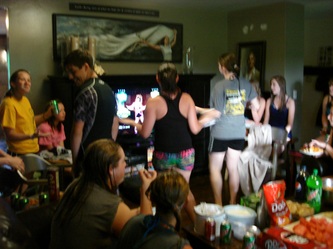

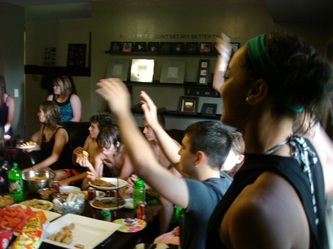
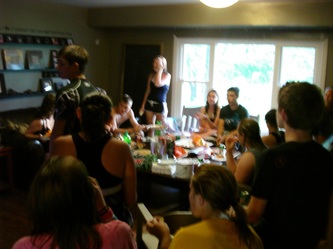
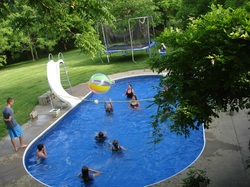
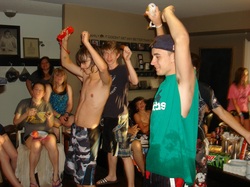
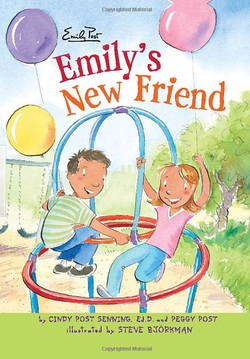
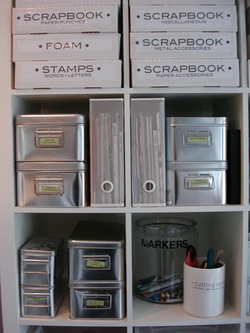

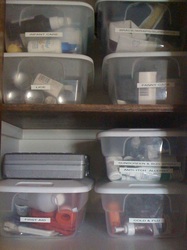
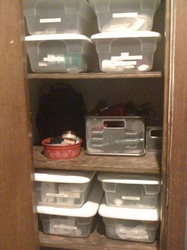
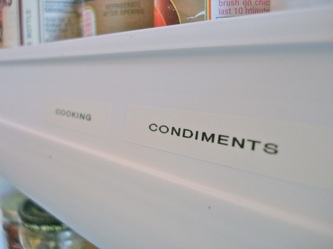
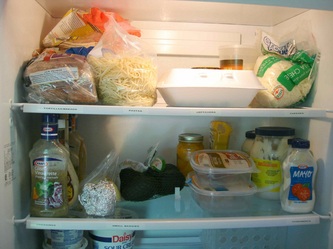




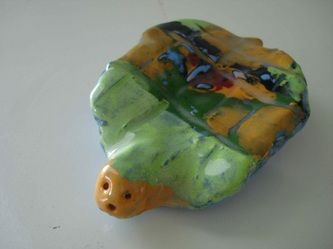
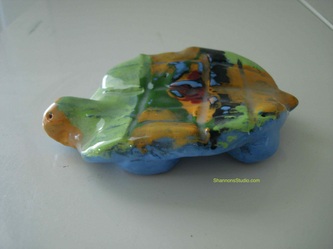

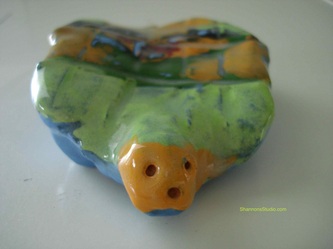
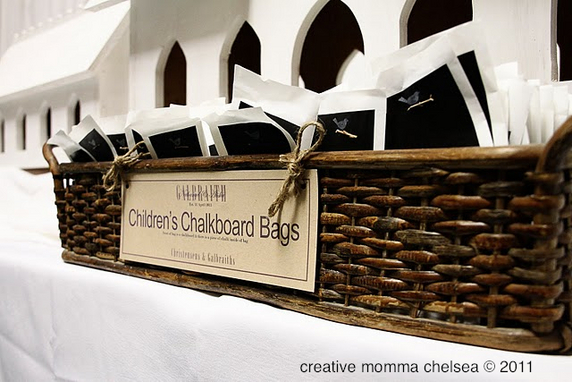







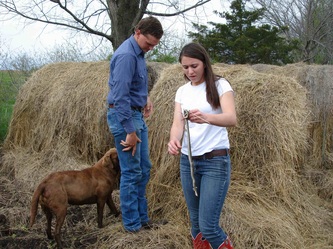


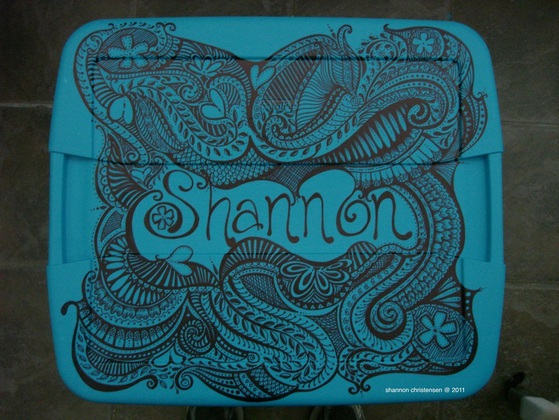
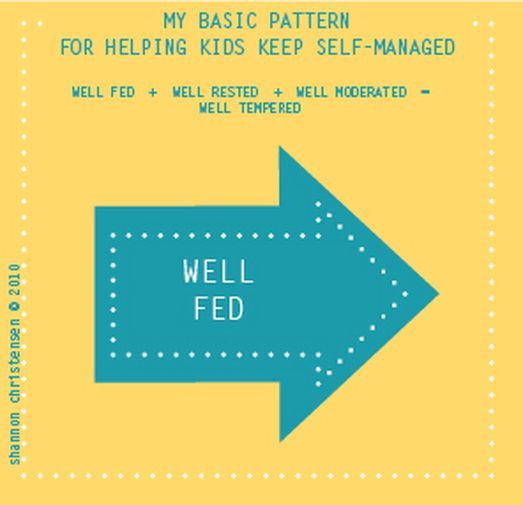
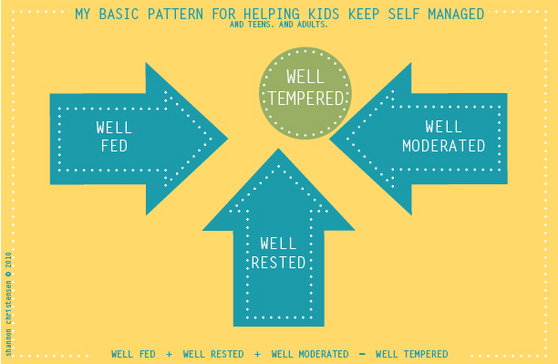
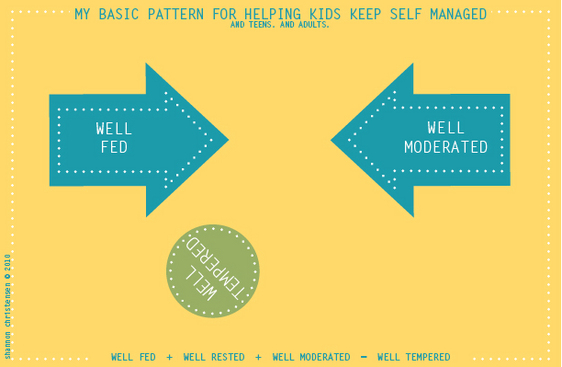
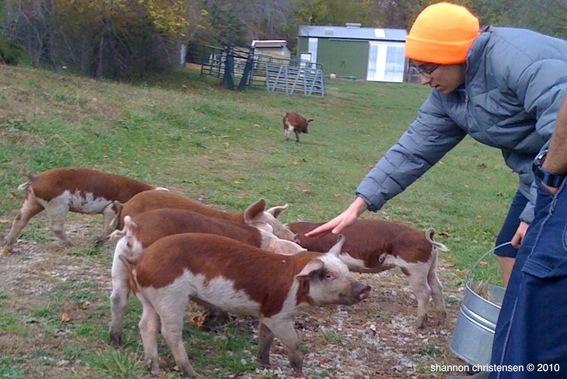
 RSS Feed
RSS Feed